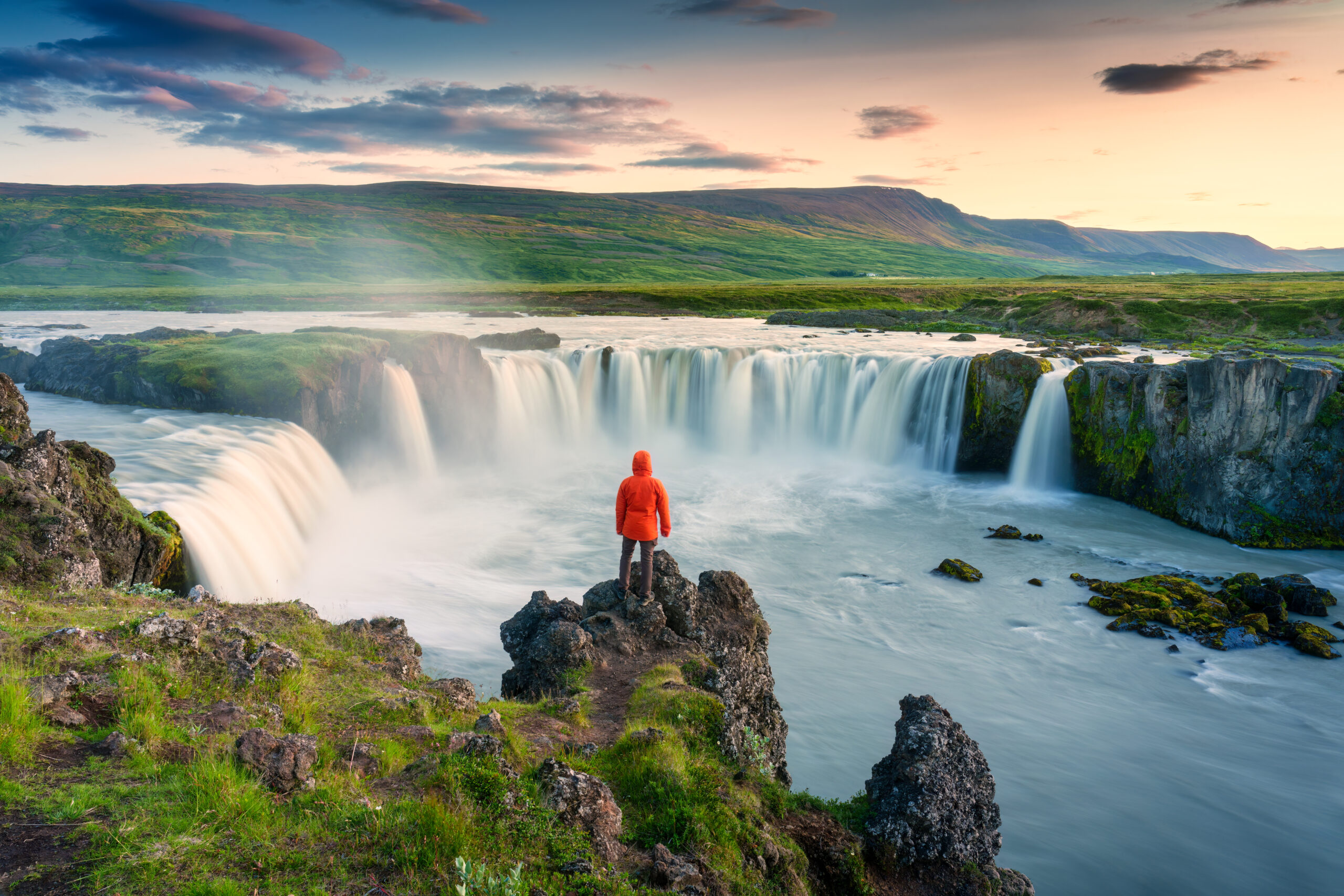It’s becoming a familiar story across destinations worldwide. Whether to combat overtourism, regulate visitor flows, or simply generate funds for preservation and maintenance of popular sites, taxes and entry fees are rising just about everywhere. Iceland could be next in line.
A Potentially Substantial Increase
With over 2 million tourists annually, tiny Iceland—home to just 384,000 residents—appears to be reaching its limits. At least when it comes to its main attractions like the capital Reykjavik, the Gullfoss and Godafoss waterfalls, the Blue Lagoon renowned for its geothermal waters, Geysir and its geyser, Lake Myvatn, and other sites that draw the vast majority of visitors to the country.
In short, massive crowds and, as often happens, authorities are considering raising the accommodation tax that visitors must pay to better manage tourism and cover the costs generated by this over-visitation phenomenon.
So be warned: your Icelandic nights may soon cost you significantly more. While no date or specific amount for this increase—which is expected to be substantial—has been finalized yet, there’s strong reason to believe the measure will take effect for the upcoming summer season. Though it’s worth noting that the country had eliminated this same tax during COVID, only reinstating it in 2024.
More broadly, we’re witnessing a policy choice that’s hardly surprising given Reykjavik’s new direction to curb the island’s tourism development and become less dependent on this sector, which accounts for an increasingly large share of national wealth. Though it must be said that tourism nevertheless saved the country during its 2008 banking crisis.
The goal is to preserve Icelanders’ quality of life and, in a way, that of visitors too by reducing their numbers. And of course, to protect an unparalleled natural environment. Consequently, less promotion planned for the destination, fewer hotel or purely tourism-related investments, and an invitation to financiers and businesses to focus instead on other sustainable growth sectors for the country, such as green energy production or activities that can benefit from Iceland’s abundant geothermal resources—another feature that makes the country unique. This substantial accommodation tax increase should be added to that mix. Fair enough perhaps, even if traditional local tourism operators don’t all view this favorably…
Info: www.visiticeland.com

